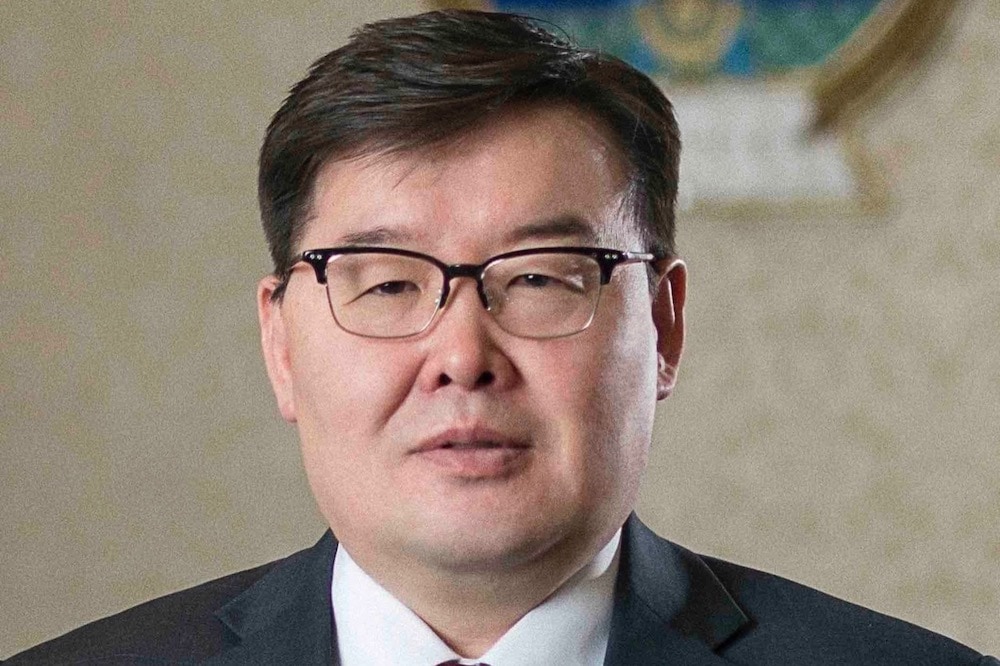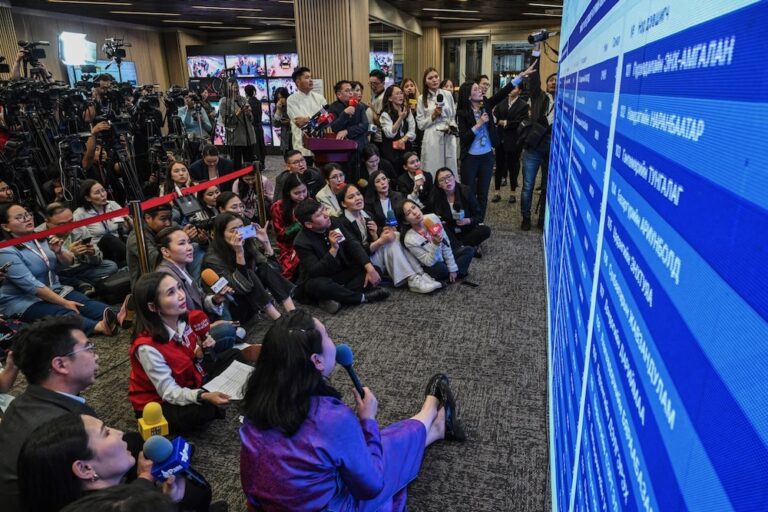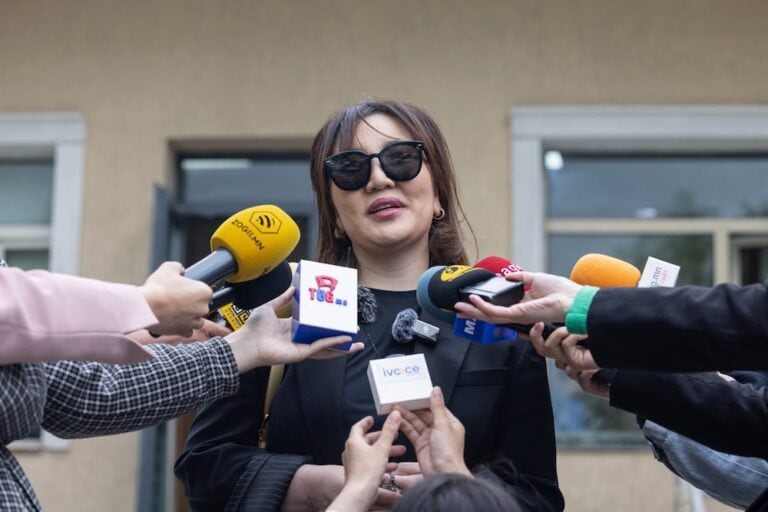IFEX urges the Parliament of Mongolia to uphold the decision of Mongolia's president to veto the proposed Law on the Protection of Human Rights in Social Media.
IFEX is a global network that promotes and defends freedom of expression and information as a fundamental human right. It is a nexus for free expression expertise contributed by 119 member-organisations, spanning 90 countries. IFEX is urging the Parliament of Mongolia to uphold the decision of Mongolia’s president to veto the proposed Law on the Protection of Human Rights in Social Media. IFEX calls on Speaker of the Parliament G. Zandanshatar and members of the Parliament to uphold the decision of Mongolia’s president to veto the proposed Law on the Protection of Human Rights in Social Media.
On 20 January 2023, around 40 members of Parliament approved the bill “On the Protection of Human Rights in Social Media” despite the lack of public consultation and the failure to evaluate its effectiveness as prescribed by the Law on Legislation. As a result, Mongolian President U.Khurelsukh vetoed the bill on 30 January 2023. The Parliament will discuss whether to accept the president’s veto during its spring session which starts on 15 March. The final vote needs the approval of two-thirds of the parliament’s 76 members.
The local IFEX member-organisation Globe International Center (GIC) has warned that if the veto is reversed and the bill becomes a law, the measure would allow authorities overly-broad powers to regulate, monitor and remove social media content. Its provisions could risk undermining human rights by negatively impacting press freedom and the right of citizens to express opinions, which contravenes Article 19 of the International Covenant on Civil and Political Rights as well as standards prescribed by the UN Human Rights Council, such as UN Resolutions A/HRC/RES/47/16 on the promotion and protection of human rights on the Internet and A/HRC/RES/44/12 on freedom of opinion and expression.
GIC warns that the law can further restrict instead of protecting human rights as intended by its proponents.
We call on legislators to accept the veto of the president. We also ask them to draft laws that comply with the Law on Legislation and the standards prescribed by the UN Human Rights Council. We reiterate that any restrictions on freedom of expression should be necessary, within the law, and that the means of accountability are appropriate when developing and approving any law.



